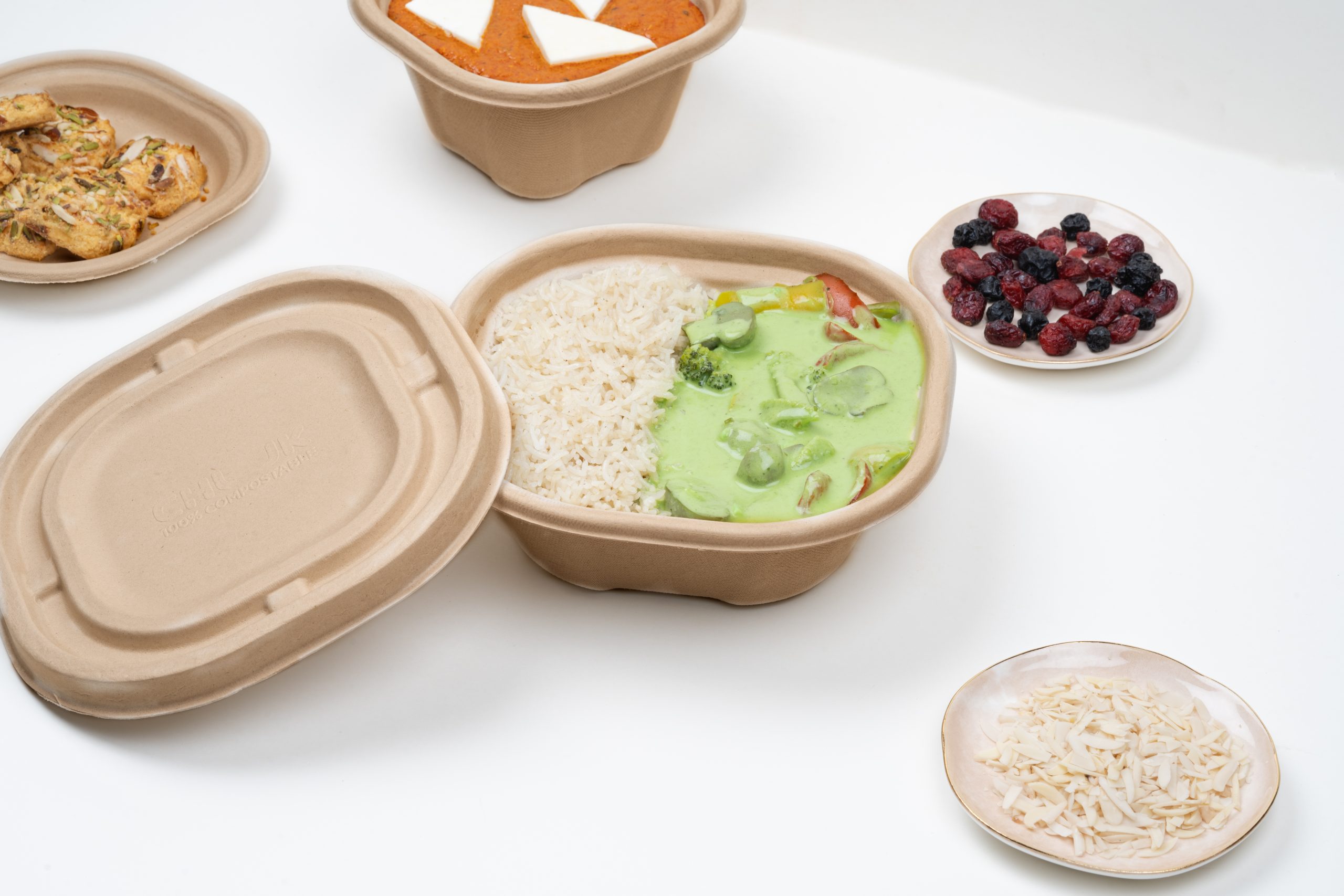Food is considered purely organic waste, but its delivery containers aren’t. The majority of restaurants or food outlets using food delivery containers aren’t compostable but are made from single-use plastic.
Over the years, sustainability has become the core focus of many food businesses.
Reason — It’s because consumers embrace sustainability and are seeking out environmentally responsible food businesses. Thus, it is critical to ditch the plastic and make compostable food delivery products your core focus.
Do Sustainable Efforts Influence Consumer Purchase Decisions?
Yes, sustainability highly affects the purchasing decisions of consumers. Today’s consumers think about the planet and want businesses to do the same. Most of them are Millennials or GenZ who are likely to pay more to businesses whose efforts are focused on greener planets.
Everyone wants to be a part of a greener planet that is less exposed to threats. By switching to compostable delivery containers, businesses can make compostable containers sustainable solutions for the next generation. Instead of damaging the environment, they can make these containers their USP and eliminate waste while boosting food production.
Here are five reasons you should consider compostable disposable food delivery containers for your food business.
5 Benefits of Leveraging Compostable Delivery Containers
1) Economical
Customers expect businesses to benefit society with better products and employment opportunities. This happens when businesses make good profits. Investing in compostable food packaging or delivery containers is an excellent way to help brands cut operational costs. Because the cost of disposing of compostable products is much less than products disposed of in landfills.
2) Greener Planet
Compostable containers are made from agricultural residues like sugarcane pulp and do not release toxins or harmful chemicals. These products consume less energy and positively affect climate change. They turn into fertilizers thereby retaining a large volume of water, reducing soil erosion and promoting a greener and safer environment.
3) Improves Soil Quality
Food and packaging contribute significantly to waste that ends up in landfills, negatively impacting the environment. But composting creates a positive future for the environment by improving soil quality and supporting organic life. Because it has the ability to hold nutrients and improve soil structure, reducing the need for chemical fertilisers.
4) Improves Brand Image
Sustainability is a great way to build trust and expand your consumer base. It gives them the power to make thoughtful decisions and contribute to a more natural way of living by choosing eco-conscious brands.
It makes companies appear more thoughtful and caring towards their community and the environment.
The Future Outlook
It is a great step for food businesses to consider switching to compostable delivery products for a greener and safer environment. But as the awareness of compostable products is increasing, many players are entering the market. So, it may be challenging to make the right decision. For instance, if you want to purchase compostable takeaway containers in bulk, scroll through the internet and explore brands like Chuk for more quality options.


